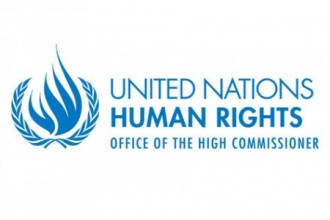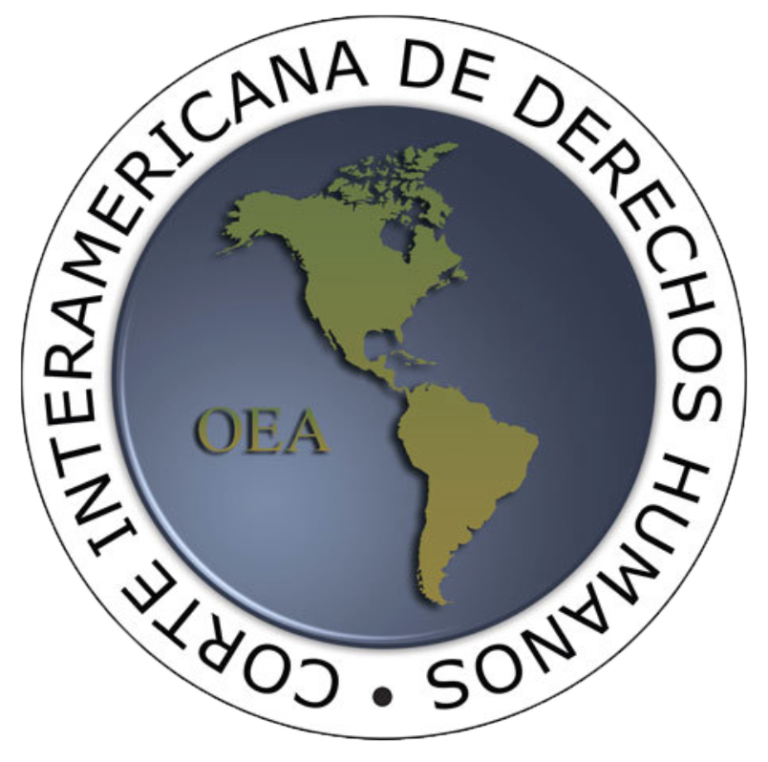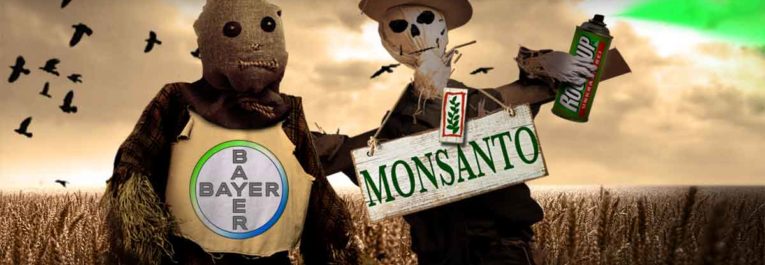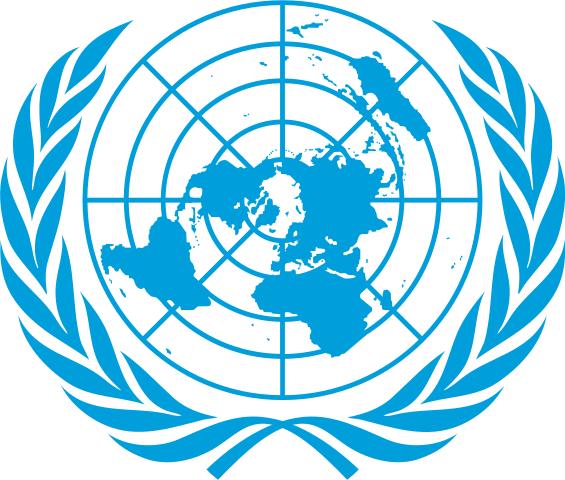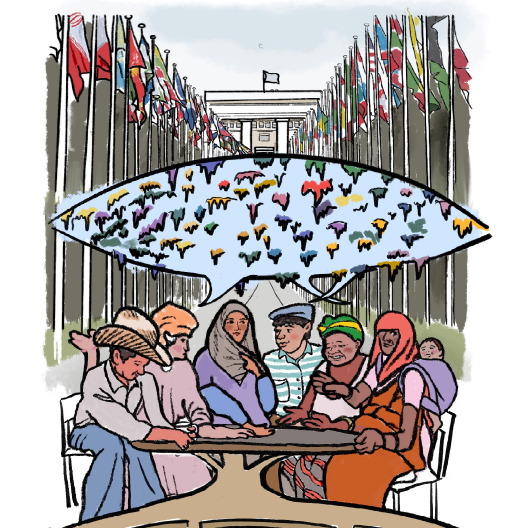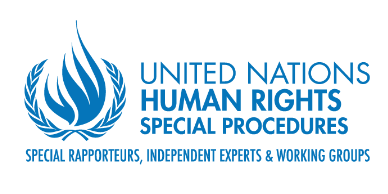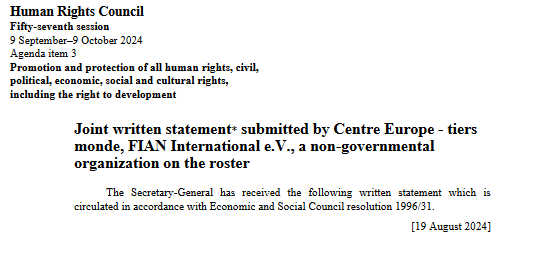1st anniversary of the UNDROP – Joint statement by UN human rights experts*
The need to take steps to implement the UN Declaration on the rights of peasants and other people working in rural areas
Source: https://www.ohchr.org/en/statements/2019/12/joint-statement-un-human-rights-experts-1st-anniversary-adoption-un-declaration
17 December 2019
The following joint statement has been made by a group of United Nations human rights experts* to mark the 1st anniversary of the adoption of the UN Declaration on the Rights of Peasants and Other People Working in Rural Areas by the UN General Assembly on 17 December 2018.
“The UNDROP builds on a number of binding international treaties from which it has taken agreed language, including the International Covenant on Economic, Social and Cultural Rights, the International Covenant on Civil and Political Rights, the Convention on the Elimination of All Forms of Discrimination Against Women, the Convention on the Rights of the Child, the International Convention on the Protection of the Rights of All Migrant Workers and Members of Their Families, the Convention on Biological Diversity and its Protocols, and the International Treaty on Plant Genetic Resources for Food and Agriculture.
The implementation of the UNDROP represents a unique and precedent-setting opportunity to redress various forms of discrimination, systematic violations and historical disadvantage that have affected peasants and other people working in rural areas along decades. They represent 80% of the world’s hungry1, 70% of those living in extreme poverty2, and produce 80% of the world’s food supply, as stated by the Committee on World Food Security. The UNDROP is a call for justice based on the culmination of grievances and struggles of the world’s peasantry.
As UN human rights experts, we have witnessed in our work the need to better protect the rights of peasants and other people working in rural areas, and we urge States to implement the UNDROP in good faith. The broad recognition of the new norms defined in the UNDROP is crucial to the advancement of an inclusive human rights movement.
In the implementation of the UNDROP, particular attention shall be paid to the rights and special needs of women and girls and of those who live in vulnerable situations and/or who have historically been discriminated against, including older persons, youth, children, ethnical minorities and persons with disabilities.
As the Committee on the Elimination of Discrimination Against Women has underlined in its General Recommendation 34 on the rights of rural women, women play a key role in the realization of the right to food, but are the first victims of discrimination and violence.3 They represent 70% of the world’s hungry.4
Special measures shall be taken to protect human rights defenders of land, environment and natural resources who are the first victims of criminalization, intimidation and attacks against their physical integrity and life. Their safety must be prioritized and protected via all available mechanisms. The work of human rights defenders shall be supported by States and other stakeholders.
Peasants and other people working in rural areas shall be recognized as agents of change and essential actors in the local, national and international implementation of the UNDROP, and not just as victims of discrimination or in terms of vulnerability. Effective implementation of the UNDROP will not be realized without meaningful grassroots engagement.
The UNDROP provides for the full and meaningful participation of peasants and other people working in rural areas in all measures that should be taken towards its implementation.
The rights holders of the Declaration shall participate, directly and/or through their representative organizations, in all decision-making processes that may affect their lives, lands, resources and livelihoods. The establishment and growth of strong, independent organizations of peasants and other people working in rural areas shall also be respected and supported by States and other stakeholders.
States have a key role to play in the implementation of the UNDROP. This role is underlined in the numerous provisions of the UNDROP that define and detail their obligations.5
The UNDROP provides that States shall respect, protect and fulfil the rights of peasants and other people working in rural areas, and shall promptly take legislative, administrative and other appropriate steps to achieve progressively the full realization of the rights set forth in the UNDROP that cannot be immediately guaranteed (art. 2.1).
The UNDROP also provides that States shall ensure the consistency of international agreements and standards to which they are party with the UNDROP (art. 2.4), and establish mechanisms to ensure the coherence of their agricultural, economic, social, cultural and development policies with the UNDROP (art. 15.5). This primacy of human rights and the UNDROP over other international instruments, including those regulating trade, investments and intellectual property rights, is grounded in the primacy to be given to human rights norms in international and national law (UN Charter, art. 1.3, 55.c, 56, and 103). This is valid for all States, independently of the positions that they have taken when the UNDROP was adopted.
States shall also take appropriate measures to eliminate conditions that cause or help to perpetuate discrimination, including multiple and intersecting forms of discrimination (art. 3.3) and systematic violations. They shall take all appropriate measures to eliminate all forms of discrimination against peasant women and other women working in rural areas, to promote their empowerment, and to ensure that they enjoy without discrimination all the human rights and fundamental freedoms set out in the UNDROP (art. 4.2).
To guarantee the exercise of the rights enshrined in the UNDROP without any discrimination, the UNDROP provides that States shall, inter alia, ensure fair wages and equal remuneration for work of equal value, without distinction of any kind (art. 16.6), remove and prohibit all forms of discrimination relating to the right to land, including those resulting from change of marital status, lack of legal capacity or lack of access to economic resources (art. 17.2), and guarantee access to health facilities, goods and services in rural areas on a non-discriminatory basis (art. 23.3).
To ensure that States respect the rights of peasants and other people working in rural areas, the UNDROP provides that they shall, inter alia, not subject them to arbitrary arrest or detention, torture or other cruel, inhuman or degrading treatment or punishment, and not held them in slavery or servitude (art. 6.2). They shall also recognize the natural commons and their related systems of collective use and management (art. 17.3).
States shall take all necessary measures to ensure that non-state actors that they are in a position to regulate, such as private individuals and organizations, transnational corporations and other business enterprises, respect and strengthen the rights enshrined in the UNDROP (art. 2.5). Such measures include the need to protect peasants and other people working in rural areas against arbitrary or unlawful evictions and displacements (art. 17.3, 17.4 and 24.2), to ensure that no hazardous material, substance or waste is stored or disposed of on their land (art. 18.4), and to prevent risks arising from the development, handling, transport, use, transfer or release of any living modified organisms (article 20.3). The UNDROP also provides that States shall protect children of peasants and other people working in rural areas from any work that is likely to be hazardous or to interfere with the child’s education, or to be harmful to a child’s health or physical, mental, spiritual, moral or social development (art. 13.2).
States shall fulfil the rights of peasants and other people working in rural areas, including by providing them with legal assistance (art. 12.3), giving priority to landless peasants, young people, small-scale fishers and other rural workers in the allocation of public lands, fisheries and forests (art. 17.6), supporting peasant seed systems, and promoting the use of peasant seeds and agrobiodiversity (art. 19.6), as well as guaranteeing water for agriculture and fisheries (Art.21) and the human rights to safe and clean drinking water and sanitation of peasants and other people working in rural areas (Art. 21.1)
States shall take appropriate and effective measures to foster international cooperation in support of national efforts aimed at implementing the UNDROP, including in partnership with relevant international and regional organizations and civil society, in particular organizations of peasants and other people working in rural areas (art. 2.6).
The UNDROP provides that UN specialized agencies, funds and programmes, and other intergovernmental organizations, including international and regional financial organizations, shall contribute to the full realization of the UNDROP, including through the mobilization of, inter alia, development assistance and cooperation (art. 27.1), and that they shall promote respect for and the full application of the UNDROP and follow up on its effectiveness (art. 27.2).
The Committee on World Food Security and UN specialized agencies, funds and programmes shall integrate the implementation of the UN Declaration in their work. The IMF, WIPO and WTO shall take the UNDROP into account in their work. The UNDROP should also be mainstreamed into the strategies aimed at achieving the SDGs.
A UN Voluntary Fund for peasants and other people working in rural areas should be established to support their participation in the activities of the UN system.
The UN Human Rights Council should create a new Special Procedure on the rights of peasants and other people working in rural areas.
The monitoring of the implementation of the UNDROP should also be integrated in the Universal Periodic Review.
We, UN human rights experts will integrate, or recommend the integration of the monitoring of the implementation of the UNDROP in the exercise of our mandates, protect the rights of peasants and other people working in rural areas, and provide guidance to States on how they can implement the UNDROP.”
*This statement has been made jointly by:
- Special Rapporteur on the right to food, Ms. Hilal Elver
- Special Rapporteur on the situation of human rights defenders, Mr. Michel Forst
- Special Rapporteur on the implications for human rights of the environmentally sound management and disposal of hazardous substances and wastes, Mr. Baskut Tuncak
- Independent Expert on human rights and international solidarity, Mr. Obiora C. Okafor
- Special Rapporteur on the right of everyone to the enjoyment of the highest attainable standard of physical and mental health, Mr. Dainius Pūras
- Special Rapporteur on the human rights to safe drinking water and sanitation, Mr. Léo Heller
- Independent Expert on the promotion of a democratic and equitable international order, Mr. Livingstone Sewanyana
- Special Rapporteur on human rights and the environment, Mr. David R. Boyd
- Chair of the Working Group on discrimination against women and girls, Ms. Meskerem Geset Techane
- Vice-chairperson of the Committee on Migrant Workers, Ms. Jasminka Dzumhur
- Member of the Committee on the Elimination of Discrimination Against Women, Ms. Nahla Haidar
- Member of the Committee on Economic, Social and Cultural Rights, Mr. Olivier De Schutter
- Member of the Committee on the Rights of the Child, Mr. Philip D. Jaffé
Read the UN Declaration on the Rights of Peasants and Other People Working in Rural Areas: https://undocs.org/pdf?symbol=en/A/RES/73/165.
1/ UN Millennium Project, Task Force on Hunger, Halving Hunger: It Can Be Done: Summary Version, UN Development Programme, 2005, pp. 4–6.
2/ International Fund for Agriculture and Development, Rural Poverty Report 2011, p. 3.
3/ Committee on the Elimination of Discrimination Against Women, General Recommendation No. 34 on the rights of rural women, UN Doc. CEDAW/C/GC/34, 7 March 2016, para. 3, 5, 7, 63-66.
4/ Report of the UN Special Rapporteur on the right to food, UN Doc. A/HRC/31/51, 14
December 2015, para. 4
5/ Christophe Golay, The Implementation of the United Nations Declaration on the Rights of Peasants and Other People Working in Rural Areas, Research Brief, Geneva Academy of International Humanitarian Law and Human Rights, 2019.

